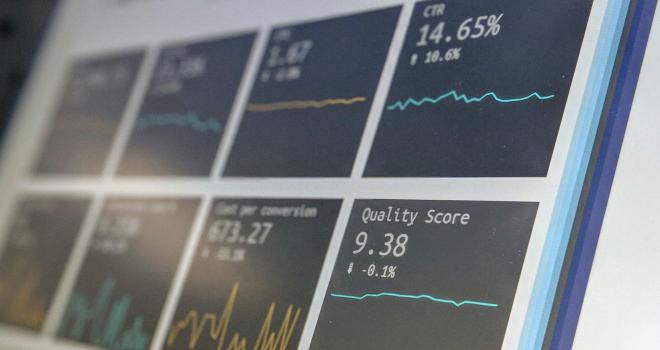Macro-fiscal analysis and policy modelling
South Africa’s economy experienced a particularly steep decline —relative to other emerging markets— during the 2009 Global Financial Crisis. These economic challenges were exacerbated by the COVID-19 pandemic and impact South Africa’s ability to expand health coverage, decrease unemployment, and increase start-up and entrepreneurship rates.
The work stream on Macro-fiscal analysis and policy modelling will improve policymakers’ and institutions’ abilities to carefully assess the risks and opportunities of the macroeconomic policies intended to solve South Africa’s economic problems. Through its efforts to improve the macroeconomic modeling capacity of the institutions responsible for economic policy, the work stream will strengthen decision-making and contribute to broader economic stability and growth in South Africa.
Additional work includes:
- evaluation of coordination between macroeconomic policy components: their impact on each other and overall macroeconomic outcomes
- evaluation of the conduct of fiscal policy against its stated objectives
- evaluation of the Reserve Bank’s conduct of monetary policy against its stated objectives
- improving our ability to model reality in macro simulations
- estimation of the determinants of the yield curve and optimal debt management
Outputs
One of the primary goals of this work stream is to improve the flow of information from academics working on policy-relevant and evidence-based research to actual policymakers. As a continuation of SA-TIED Phase I, the macro-fiscal work stream will focus on four broad areas of policy:
- fiscal policy (public investment and debt, tax policy, and expenditure)
- monetary policy (including inflation targeting and exchange rate policy)
- micro- and macroprudential policy
- coordination of macroeconomic policy and its impact on savings, investment, and the balance of payments











